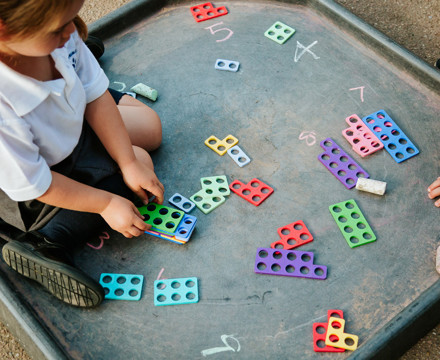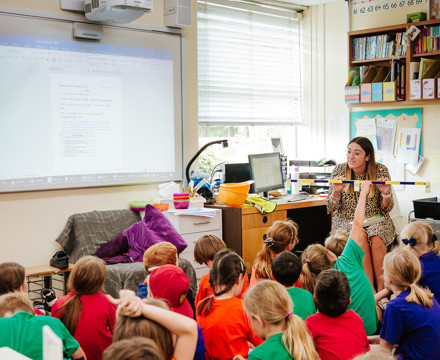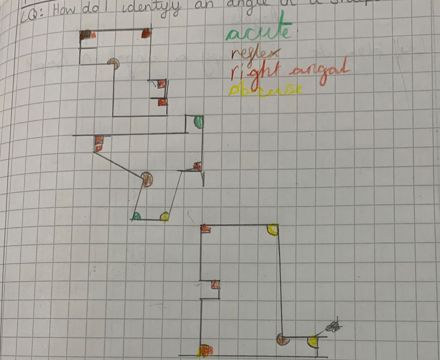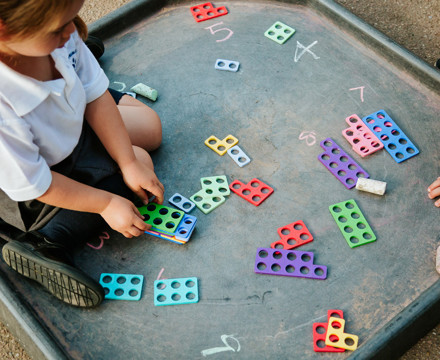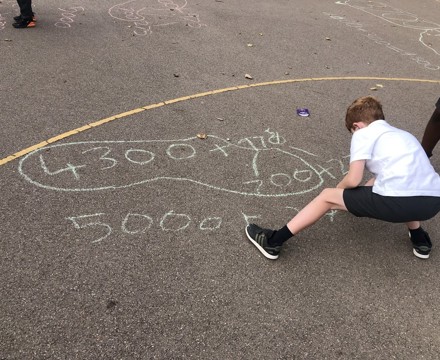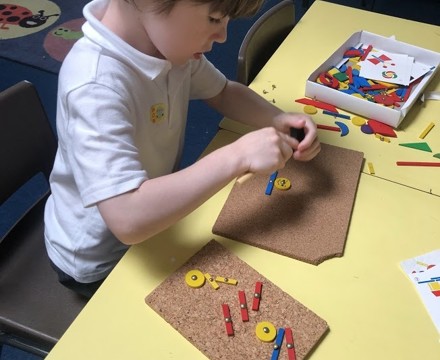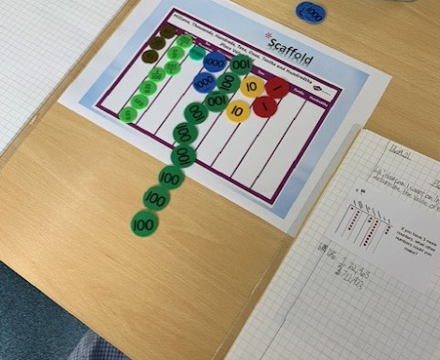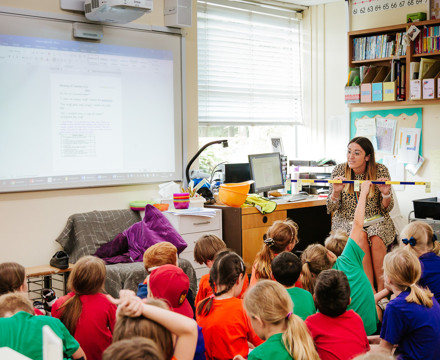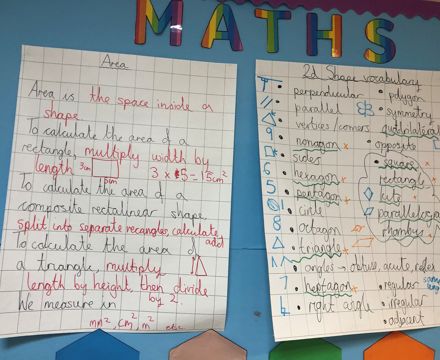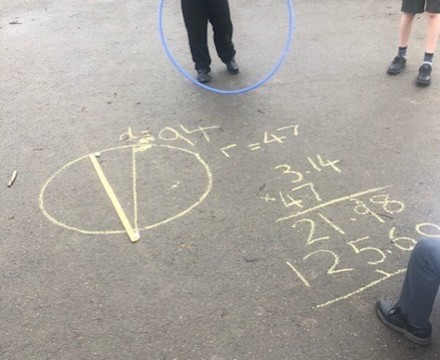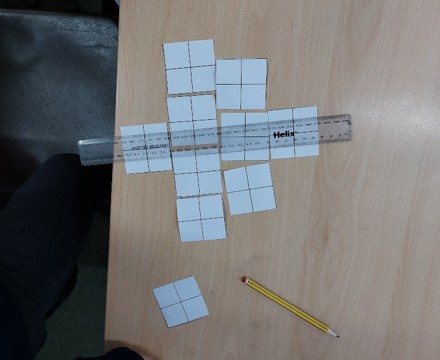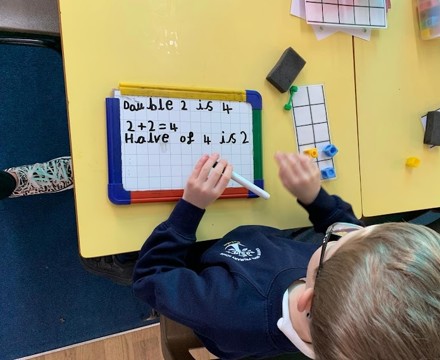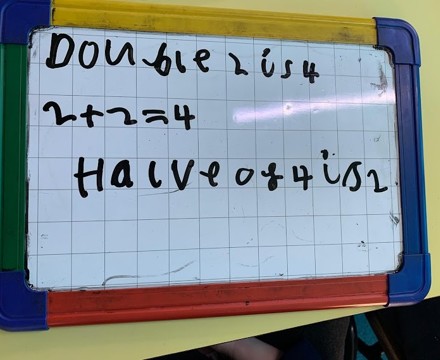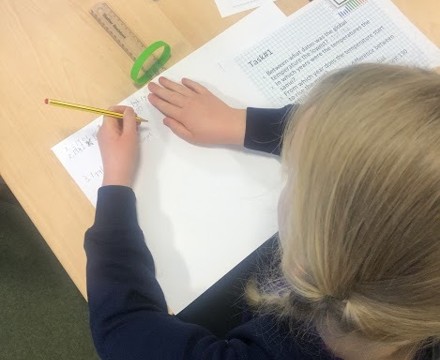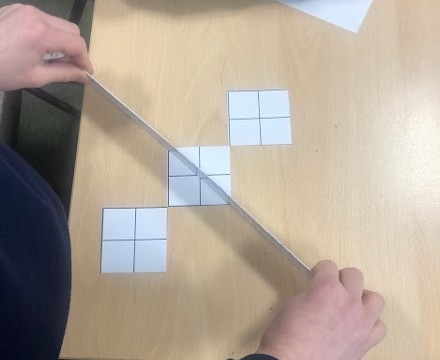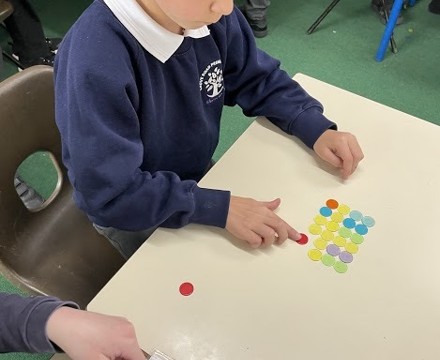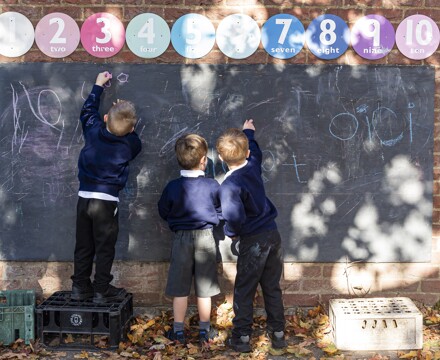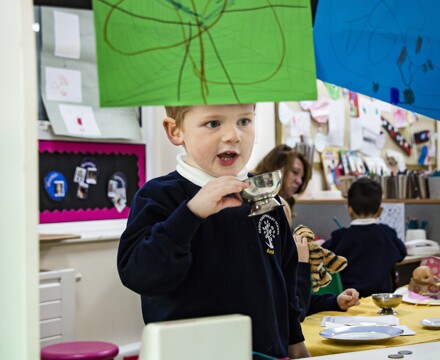Maths
At Grove Road, we use a mastery approach for the teaching of mathematics. All children are taught mathematical concepts in steps and we recognise that all children need a deep understanding of the mathematics they are learning. This ensures that future learning is built upon firm foundations.
We have high expectations of our children and strive to make the mathematics curriculum accessible to all. Maths lessons are carefully crafted, in order to allow all pupils to access these mathematical concepts and ideas and explore the rich connections between them. One of our Maths Subject Leads is a National Centre for Excellence in the Teaching of Mathematics (NCETM) Primary Mastery Specialist and an NCETM Primary Maths Professional Development Lead and is involved in leading workgroups with the local Maths Hubs, working with schools on the NCETM Mastery Programme.
Intent Statement:
By embedding a mastery approach, our vision is that every child succeeds in maths, regardless of their previous experiences. Our mathematics curriculum is based upon the following core principles: to provide learners with a deep conceptual understanding of keys mathematical structures, the ability to provide learners with a deep conceptual understanding of mathematical principles which they can connect to a variety of different contexts, the ability to confidently communicate in precise mathematical language and to support pupils to develop their mathematical thinking skills.
We encourage resilience, adaptability and acceptance that challenge is often a necessary step in learning. Our curriculum allows children to make better sense of the world around them, by making connections between mathematics and everyday life. In short, we are preparing the children at Grove Road for a positive and confident future.
Intended Impact:
During the children’s learning journey at Grove Road, our intended impact of the Maths curriculum is to ensure that;
-
Children have a positive attitude towards the learning of mathematics;
-
Children have an enjoyment of learning through practical activities, exploration and discussion of mathematical concepts;
-
Children build confidence and competence with numbers and the number system through rapid recall;
-
Children can apply their number facts, make connections in order to solve problems in a range of contexts.
-
Children will make use of diagrams and informal notes to help record steps and part answers when using mental methods that generate more information than can be kept in their head;
-
Have an efficient, reliable, compact written method of calculation for each operation that pupils can apply with confidence when undertaking calculations that they cannot carry out mentally;
-
Children will have a secure understanding of the importance of mathematics in everyday life;
-
The % of pupils working at ARE within each year group will be in line with, or above, national averages.
-
The % of pupils working at Greater Depth within each year group will be in line with, or above, national averages.
-
There will be no significant gaps in the progress of different groups of pupils (e.g. disadvantaged vs non-disadvantaged).
PUPIL VIEWS
"We love Maths! We enjoy challenges and the problem solving lessons” - Year 5 Children
"I love Challenges. I like having to work out the answer in a more tricky way and then feel proud of myself afterwards” - Harry, Year 5
"In Maths we use the Checking Station to help us mark ourselves and then Greater Depth to move us forward” - Year 5 Children
"My teacher challenges me in Maths in the Greater depth. It takes you deeper with your learning” - Charlie, Year 5
"I love Maths - I love learning! Maths is my favourite thing” - Year 2 children
"If you have made a mistake you can try again and have to be determined” - Year 2 children
"If you go wrong in Maths I like that you can try again in a different way” - Ruby, Year 3
"I love Maths because there are always so many ways to learn about numbers. Cherry models (part-whole models) and bar models are my favourite!” - Nancy, Year 2
The Calculation policy is a good support and helpful guide. It explains and shows how we teach the four operations across the school. In the policy there are links to model videos which demonstrate a particular method. Here are a few examples:
| Subject Documents |
|---|
| Maths Key Vocabulary Display Poster |
| Maths Vocabulary Progression |
| Maths Skills and Knowledge Progression |
| Maths Mastery Year Group Overviews |
| Maths at Grove Road |

